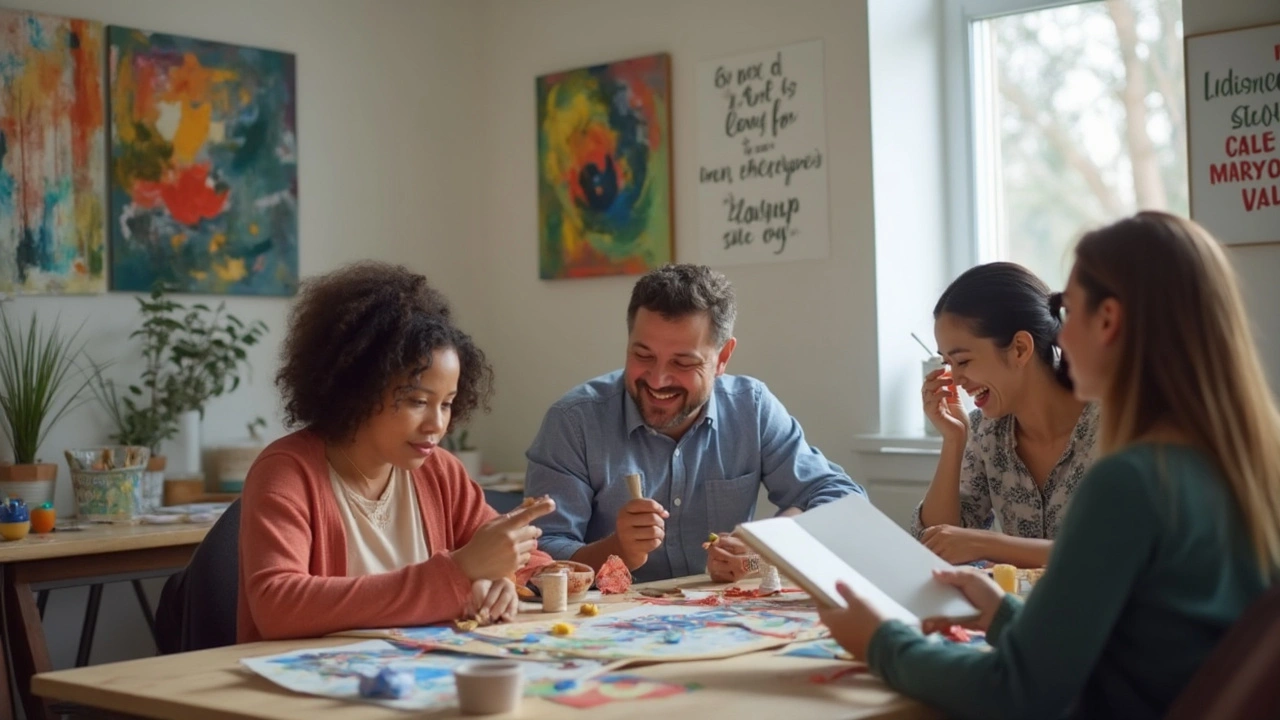Alcohol Addiction Treatment: Simple Steps to Start Your Recovery
If you or a loved one is stuck in a cycle of drinking, the first thing to remember is that help is real and reachable. You don’t need a miracle; you need a plan that fits your life. Below are easy‑to‑follow actions you can take right now, plus a quick look at the most common treatment routes.
Know Your Options: From Detox to Rehab
Most people start with detox – a supervised medical process that eases withdrawal symptoms like shaking, sweating, and anxiety. It’s safer than trying to quit cold turkey because doctors can give you medication to calm the body. After detox, many move into an inpatient rehab program where you stay 24/7, get therapy, and learn coping tools. If a hospital stay feels too intense, outpatient rehab lets you attend counseling a few times a week while you keep working or studying.
Build a Support Network That Works for You
Recovery isn’t a solo sport. Joining a local AA (Alcoholics Anonymous) meeting can give you a sense of community and a place to share struggles without judgment. If you prefer a faith‑based or secular group, look for SMART Recovery or Al-Anon for family members. Online forums also exist for those who need anonymity. The key is consistency – showing up even when you don’t feel like it makes a huge difference.
Beyond meetings, tell a trusted friend or family member about your goal to quit. Let them know how they can help – whether it’s a daily check‑in, a ride to therapy, or just a listening ear after a tough day. Having someone hold you accountable often prevents relapses.
Lastly, fill your life with healthy habits that replace drinking. Exercise, even a short walk, releases endorphins that lift mood. Simple mindfulness practices, like deep breathing for a few minutes, can curb cravings. Keep a journal to track triggers and progress; seeing small wins builds confidence.
Remember, stumbling is part of the journey, not a sign of failure. Each day sober adds up, and with the right treatment, support, and habits, you can break free from alcohol’s grip. Start today – reach out for a detox center, sign up for a meeting, or call a friend. Your healthier future begins with one practical step.
-
How Art Therapy Helps Alcohol Dependence Recovery: Creative Approaches That Work
Art unlocks a different kind of healing for people recovering from alcohol dependence, offering more than traditional therapy. This article shows how creativity paves new paths for self-expression, emotional release, and personal triumph over addiction. You'll find inspiring stories, practical art ideas for recovery, and real tips to make creativity work for anyone battling alcohol problems. Explore the science, hear from those who've tried it, and discover just how powerful a paintbrush or a lump of clay can be on the journey to sobriety.
